
Picture this. It’s the beginning of the pandemic. A clean-cut girl sits down on her couch and proceeds to watch the news. As she hears more worrying developments related to the pandemic, her physical appearance begins to change — pimples start appearing, hair grows into exaggerated lengths on her face and body, and she gains more weight.
All of these changes make her look almost unrecognizable. Moments later, the girl receives a call from a friend who asks her how she’s doing and she responds with,” okay naman ako.” After that last shot, you can see a statement that reads, “Tough times call for beautiful measures.”
You may think that this is just a poorly-written scene from a comedy show or a satirical piece online, but it is actually an ad that was recently released by the Belo Medical Group and was part of their campaign entitled “#PandemicEffect.” Since Belo is an established aesthetic clinic, and this ad was produced by the creative agency Gigil (who was also responsible for the viral RC Cola “Family” ad), the video was able to reach a wide audience and consequently, received a lot of backlash.
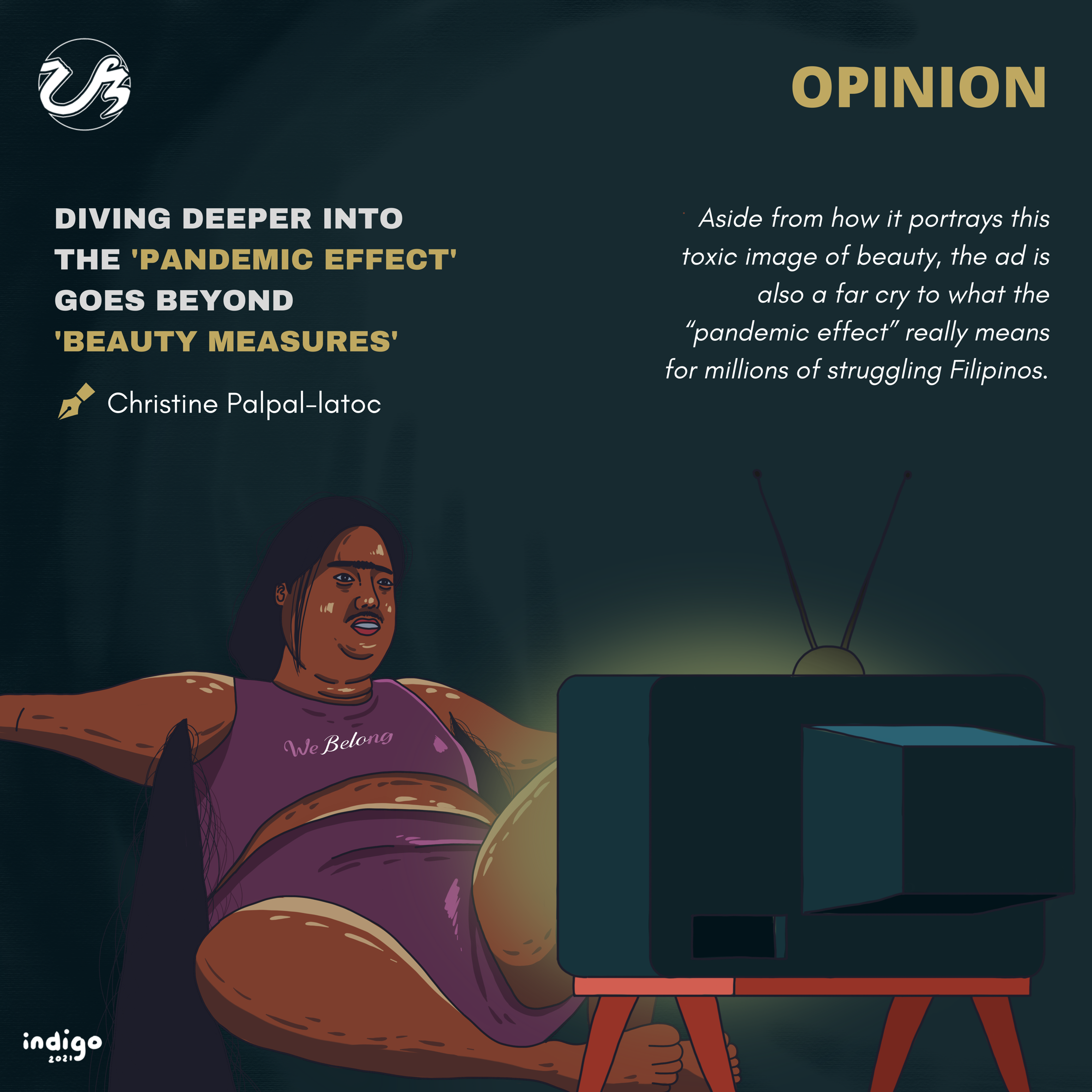
What harm can a minute-and-a-half video do?
Many people across different social media platforms voiced their disdain regarding the controversial ad and its harmful effects.
One Twitter user stated how the pandemic “affected our mental health as well, felt like those with depression and hormonal disorders (e.g. PCOS) have been mocked by this ad…”
Coping with the pandemic has caused a lot of fear and stress among different individuals and with this, a lot of physical changes may also occur. Cortisol, a stress hormone, may cause stress eating and induce weight gain. There are also women with existing medical conditions like PCOS (Polycystic ovary syndrome) which causes the growth of thicker body hair.
Being exposed to ads such as Belo’s “pandemic effect” could trigger the emotions of people who are struggling with these conditions since it shames them for the many things they have no control over. It also further perpetuates an “ideal” but unrealistic beauty standard of having flawless skin and a perfect body, which everyone cannot achieve.
A deeper dive into the pandemic effect
Aside from how it portrays this toxic image of beauty, the ad is also a far cry from what the “pandemic effect” really means for millions of struggling Filipinos.
Under the world’s longest COVID-induced lockdown, the Philippines has experienced the steepest economic downturn since Marcos. The worsening health crisis also threatens to overwhelm the country’s healthcare infrastructure and our front liners. For them, the pandemic effect is exhaustion, delayed benefits, and a surge of cases that just does not seem to abate.
The Duterte administration’s misplaced priorities and criminal negligence have exacerbated the pandemic’s economic impact on the country. A lockdown-driven pandemic response has precipitated major headaches in the labor sector.
According to the Philippine Statistics Authority, the unemployment rate in the Philippines had reached an all-time high of 17.7% last April 2020 equating to 7.3 million Filipinos left jobless. For our workers, the pandemic effect is job insecurity, insufficient social protection programs, and an increase in health risks due to the lack of vaccine rollout.
With the absence of job opportunities and the repetitive implementation of lockdowns, the food security in many urban poor communities was also heavily affected. People continue to fight over necessities like rice and water or worse, some families would just resort to eating unhealthy food like canned goods and instant noodles. For the poor and marginalized, the pandemic effect is a daily clamor for life necessities such as access to food, water, and basic housing.
The youth was also no exception to the harrowing effects of the pandemic. With the passage of the Anti-Terror Law last year, many campus publications became targets of several attacks and red-tagging incidents. In a statement released by The Philippine Collegian, they explained how these accusations “imperil the life and safety of many student journalists.”
Aside from this, the remote learning setup has further amplified the digital divide in our country. A survey conducted by DepEd reports how about 2.8 million students have no access to the internet, and many still struggle to find gadgets in order to attend synchronous classes. For students, the pandemic effect is a threat to campus press freedom and a staggering mental health crisis as they cope with academic pressures and personal struggles.
With the repeated imposition of militaristic lockdowns, many indigenous peoples found it hard to move freely. One of the most affected communities was that of the Dumagat-Remontados who have gone through their long plight against the construction of the Kaliwa Dam since it threatens the environment and their safety. Many opposing community leaders have been “red-tagged” and associated with rebel groups. There was even an incident when one of the Dumagat-Remontados members was abducted and went through physical abuse. For the indigenous peoples, the pandemic effect is a grueling fight to protect their ancestral lands whilst battling with the current health crisis.
The challenge for future ads
Ultimately, the controversy brought about by “#ThePandemicEffect” must serve as a lesson for all succeeding advertisements who would want to leave a lasting impact. Instead of shaming people going through bodily changes and encouraging them to take on “beautiful and more expensive measures”, it is more apt to give hope to the individuals who continue to take on their own beautiful measures by choosing to live and push through despite these trying times.
Most of all, it is important for advertisers to realize how these ads, no matter how short they may be, can move and touch hearts. Seeing as how social media is very widespread in the Philippines, ads can affect consumer choice and become an agent of social change. They can open up important conversations and share untold stories of Filipinos. One primary example is Globe’s #AtinAngMundo campaign features dads who learned the values of pride and fatherhood from the courageous stories of their children.
In a country where democracy and basic human rights continue to be attacked, it is high time for advertisements to tackle real issues and amplify the voices of the everyday Filipino people — the heroic front liners, workers, urban poor, campus journalists, and community leaders.
You never know. There is a chance that a minute-and-a-half video can spark the greatest change.


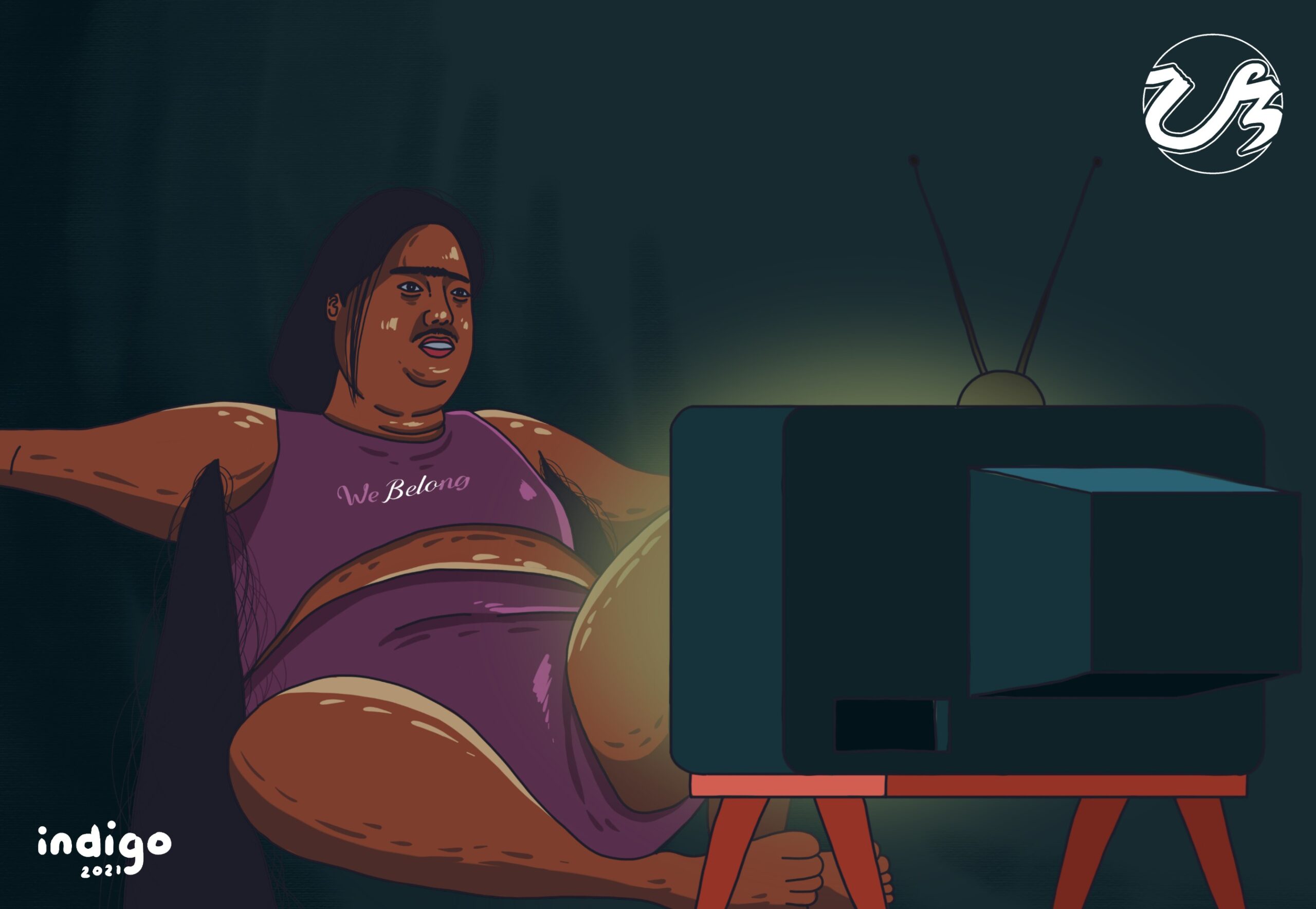

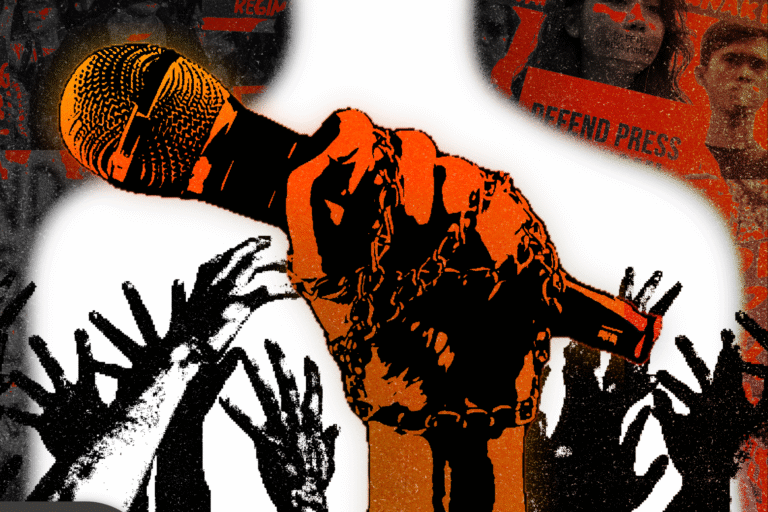
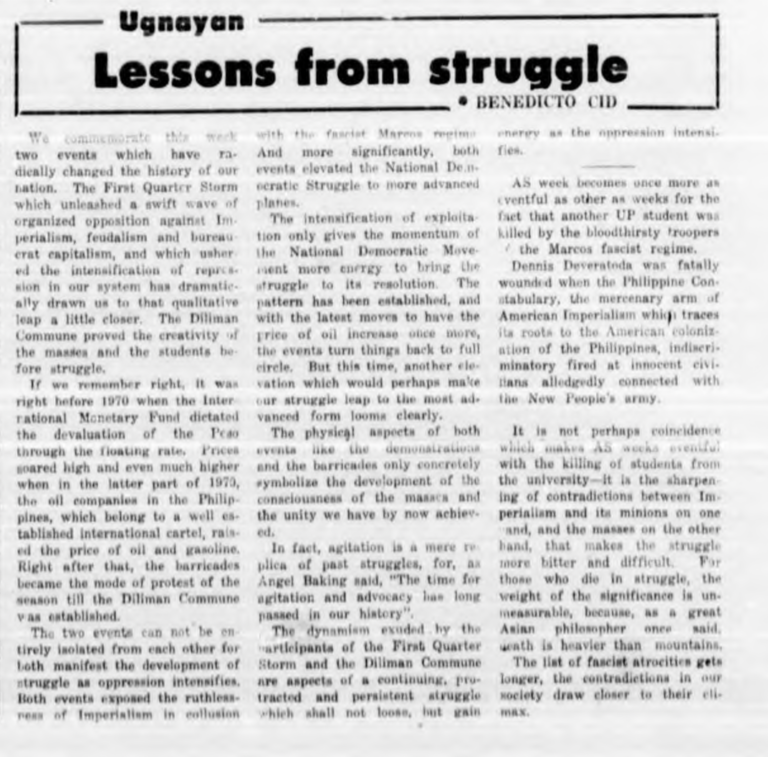
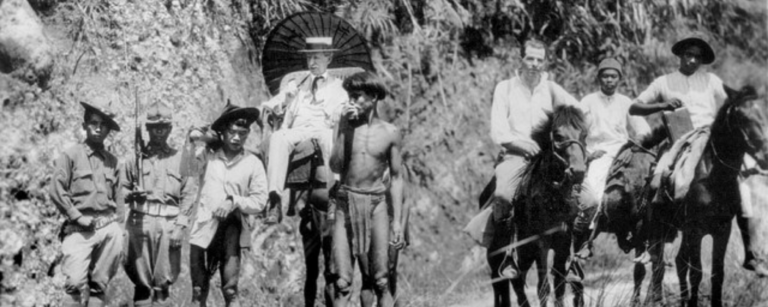
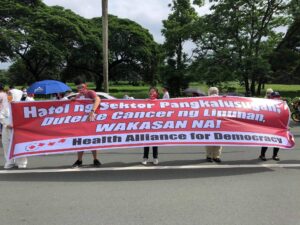
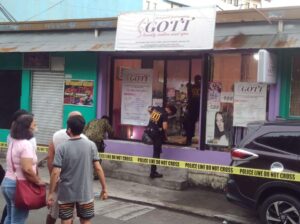
The articles you write help me a lot and I like the topic http://www.kayswell.com